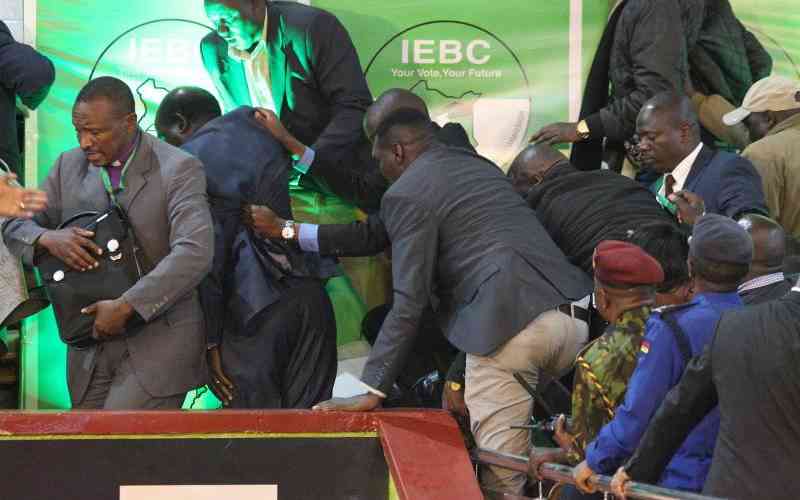
Three years before the last elections, I wrote a book entitled Presidential or Parliamentary Democracy: Choices to be Made (Nairobi: Booktalk Africa, 2019). In this book I argued that, in developing nations like ours with diverse ethnic groups yearning to use state power to facilitate socio-economic development, a highly centralized political system tends to be very problematic, and quite often very unfair to some groups, in meeting such expectations.
A more pluralist political system, representative of the nation's social diversity and accommodative to the politics of bargain with give-and-take, is very often preferable. Some scholars call this consociational democracy. In the last chapter of my book referred to above, I discussed how this could be done in Kenya before the 2022 elections to avoid yet another crisis in the presidential elections. Nothing happened to that effect and the outcome of the elections became a political albatross around the neck of the nation.







